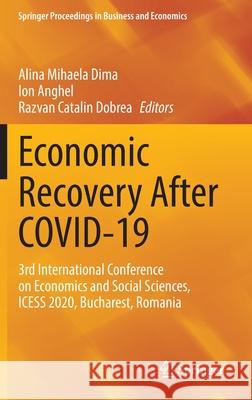Economic Recovery After Covid-19: 3rd International Conference on Economics and Social Sciences, Icess 2020, Bucharest, Romania » książka
topmenu
Economic Recovery After Covid-19: 3rd International Conference on Economics and Social Sciences, Icess 2020, Bucharest, Romania
ISBN-13: 9783030866402 / Angielski / Twarda / 2021 / 328 str.
Economic Recovery After Covid-19: 3rd International Conference on Economics and Social Sciences, Icess 2020, Bucharest, Romania
ISBN-13: 9783030866402 / Angielski / Twarda / 2021 / 328 str.
cena 602,40
(netto: 573,71 VAT: 5%)
Najniższa cena z 30 dni: 578,30
(netto: 573,71 VAT: 5%)
Najniższa cena z 30 dni: 578,30
Termin realizacji zamówienia:
ok. 22 dni roboczych
Dostawa w 2026 r.
ok. 22 dni roboczych
Dostawa w 2026 r.
Darmowa dostawa!
Kategorie:
Kategorie BISAC:
Wydawca:
Springer
Język:
Angielski
ISBN-13:
9783030866402
Rok wydania:
2021
Ilość stron:
328
Waga:
0.63 kg
Wymiary:
23.39 x 15.6 x 1.91
Oprawa:
Twarda
Wolumenów:
01











